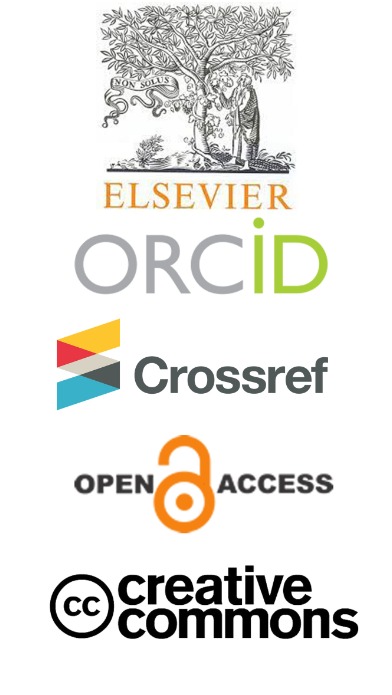Legal provisions for the subsequent stage of the offer: A comparative study In Egyptian and Emirati law
Keywords:
Withdrawal of the offer, freedom to accept the offer, the offer, acceptance, the next stage of the offer.Abstract
The offer is the fruit of pre-contractual negotiations, but it does not end the pre-contractual stage, because it does not alone lead to the conclusion of the contract, but rather a corresponding acceptance must coincide with it. An affirmation was addressed to him, i.e., it agrees with the offer in all the issues it addressed, it is equal in that these issues are essential or secondary, every issue mentioned in the offer must be dealt with by acceptance, regardless of its importance.And if the contract is concluded by the connection of acceptance with the knowledge of the obligor, the question arises whether it is sufficient for the contract to converge acceptance and offer on the essential issues, or should this extend to all the detailed issues, so does the agreement on the essential issues lead to the completion of the contract? Or is this considered a stage of the negotiations that did not take place after the contract, and the contract is not concluded until after the agreement is extended to secondary issues as well? By collecting jurisprudence, it is not necessary for the conclusion of the contract that all issues be agreed upon as a matter, but rather that it is sufficient to agree on the essential issues for the conclusion of the contract. The contract, then, is completed and the pre-contractual phase ends as soon as the parties agree on all the essential issues without the detailed issues, which justifies this provision is that these last issues are not essential in the contract, and that the law has assumed that the intention of the contracting parties has been to conclude the contract even if a dispute arises between them on These issues, as long as they did not stipulate that the contract is not concluded when they are not agreed upon. Explaining the intention of the contracting parties in this reasonable manner, the law permitted the judge to decide what they differed in according to the nature of the transaction and the provisions of law, custom and justice. The task of the judge, in this case, goes beyond the usual limit in his work, as he is not limited to the interpretation of what the contracting parties agreed upon, but goes beyond that to the management of what they differed in, so he contributes to the making of the contract. The acceptance, then, must be identical to the offer as we have explained, in order for the contract to take place, and the stage before the contract ends, The conclusion, then, is that the stage prior to contracting does not end as soon as the offer is issued, although the latter is a decisive and definitive expression of the contract, the imminent conclusion of the contract, and the end of the stage preceding the contract because it includes the essential elements of the contract to be concluded. The stage of negotiations following the offer is subject to two main principles, namely the principle of freedom to withdraw from the second offer, and the principle of freedom to accept or reject the offer.



